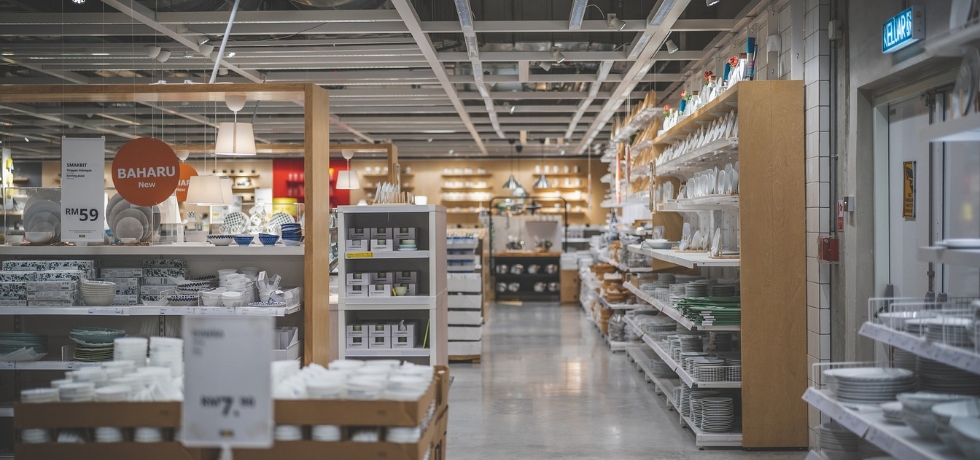What exactly are customers looking for is a multibillion-dollar question when considering the future of omnichannel retailing.
The response? As consumer expectations change, it does indeed continue to change. At least, that is what we discovered during the “Customer Experience in an Omnichannel World” webinar we hosted.
Where does omnichannel retailing stand in the future?
In the future of omnichannel retail, physical experiences, practicality, customization, and effectiveness will be key. Customers care about values and how businesses affect society, and they are becoming more knowledgeable about their options. Therefore, businesses will need to adopt an omnichannel strategy that also focuses on satisfying the changing demands of the modern consumer.
Let’s delve deeper into three observations regarding omnichannel strategy and the future of retail.
1. Retail is going digital, so we won’t be returning
Rising disruption from bigger retailers and the pandemic both contribute to the rise in consumer expectations, which has been and will continue to be the case. The pandemic has highlighted how difficult it can be for some retailers to create omnichannel experiences.
“Democratization of retail” did not occur overnight.
The democratization of retail has emerged because of the explosion in consumer options and the increased control that customers now have over their shopping experiences. This isn’t a brand-new phenomenon, though; according to Wendy, “shoppers have been turning demanding around it for a long time.” Setting the standard for how quickly products arrive and establishing customer expectations, Amazon has played a crucial role in this.
2. Seamless interactions will affect sales
More consumers are shopping than ever before, both online and offline. Companies that understand this put the needs of their customers first by empowering them to act as they please.
Wendy thinks that because of “all the ways that people can now shop,” physical retailers’ prior emphasis on operational efficiency will be rendered meaningless. Customers will quickly switch to one of the many alternatives available to them if you try to force them to do something they don’t want to. The pandemic has taught consumers how to make wise purchases.
This raises the question of why not all businesses are attempting to adopt the omnichannel strategy.
It can be expensive to start. Even if you do understand it, it can be difficult to know exactly how to implement it. According to Wendy, organizations that don’t see the need for change must understand that “there is no going back on this.”
3. Consumers will continue to change
In the future of omnichannel retailing, removing the stress from the shopping process will be a crucial strategy. And it will take place in two distinct dimensions. Customers will contemplate whether this is a wise use of their money. Is this a wise use of the time, too?
A commitment to convenience
Consumers will view their purchases in the context of their lives. All of this is part of a larger movement for health and wellness. This will increase as more customers prioritize doing what they want to do when they have free time.
The rise of values-based shopping
Particularly younger customers have strong moral principles about society, their local community, and the businesses they deal with. As a result, consumers are becoming more aware of the impact on the world and the importance of trust.










